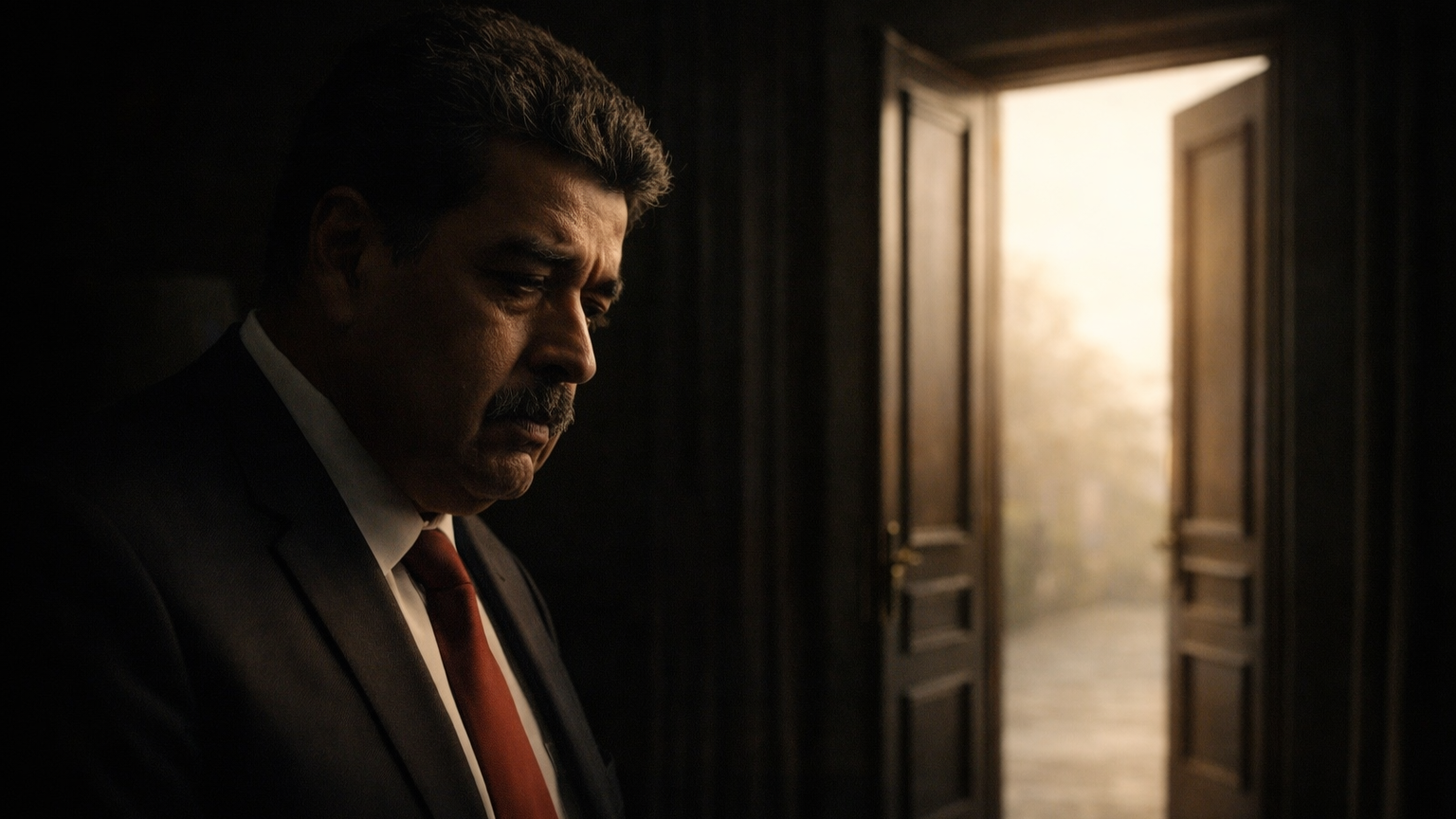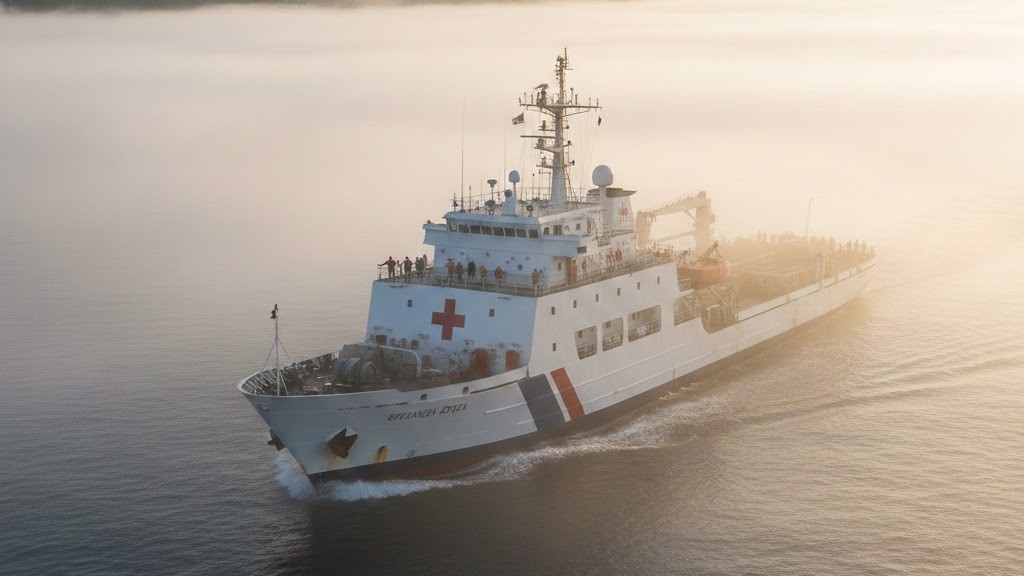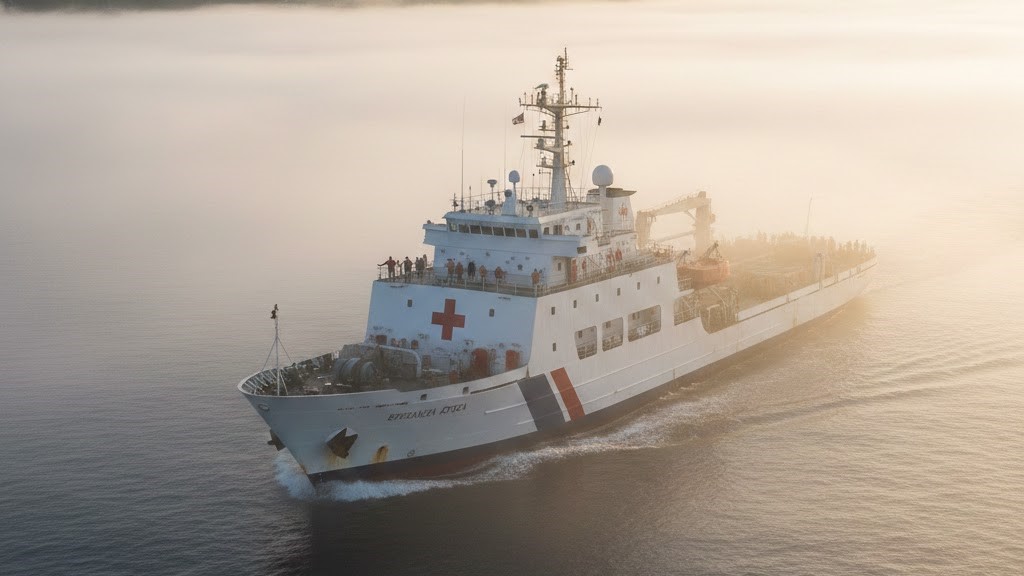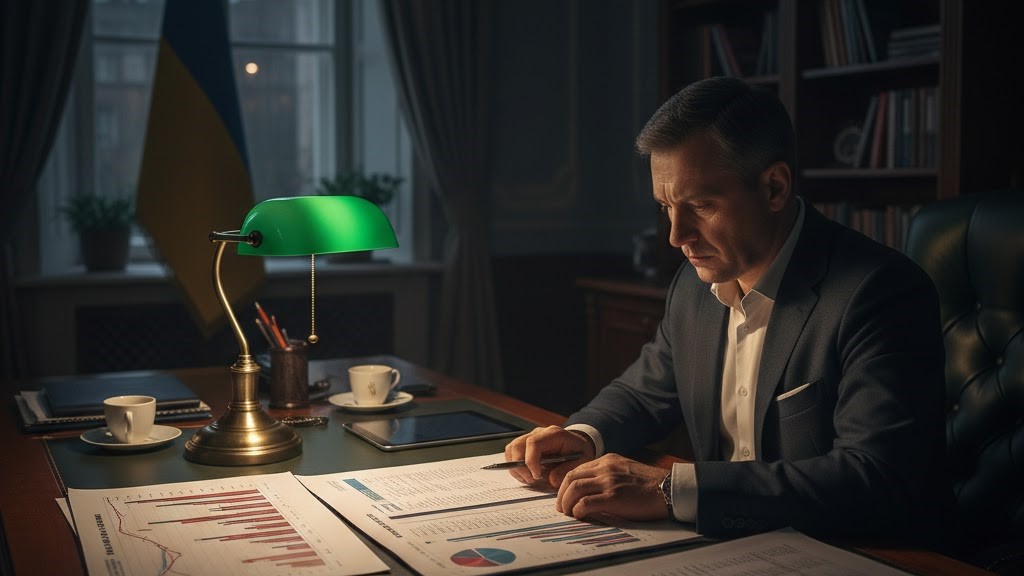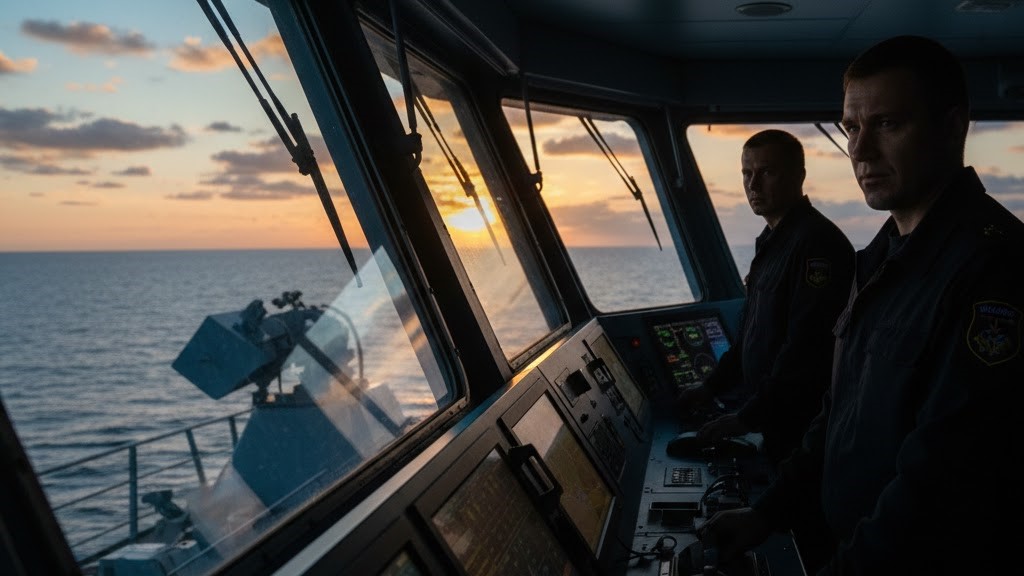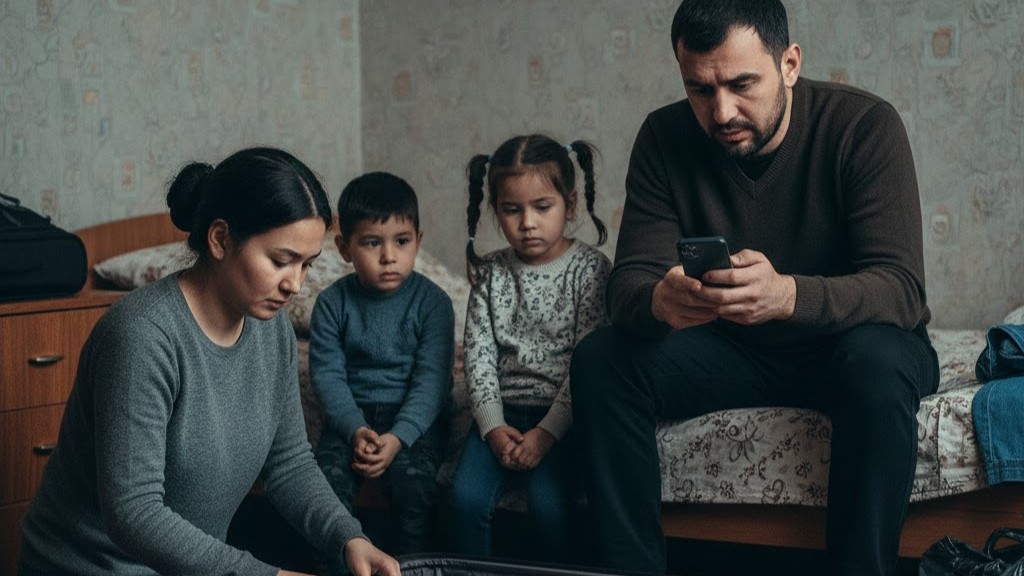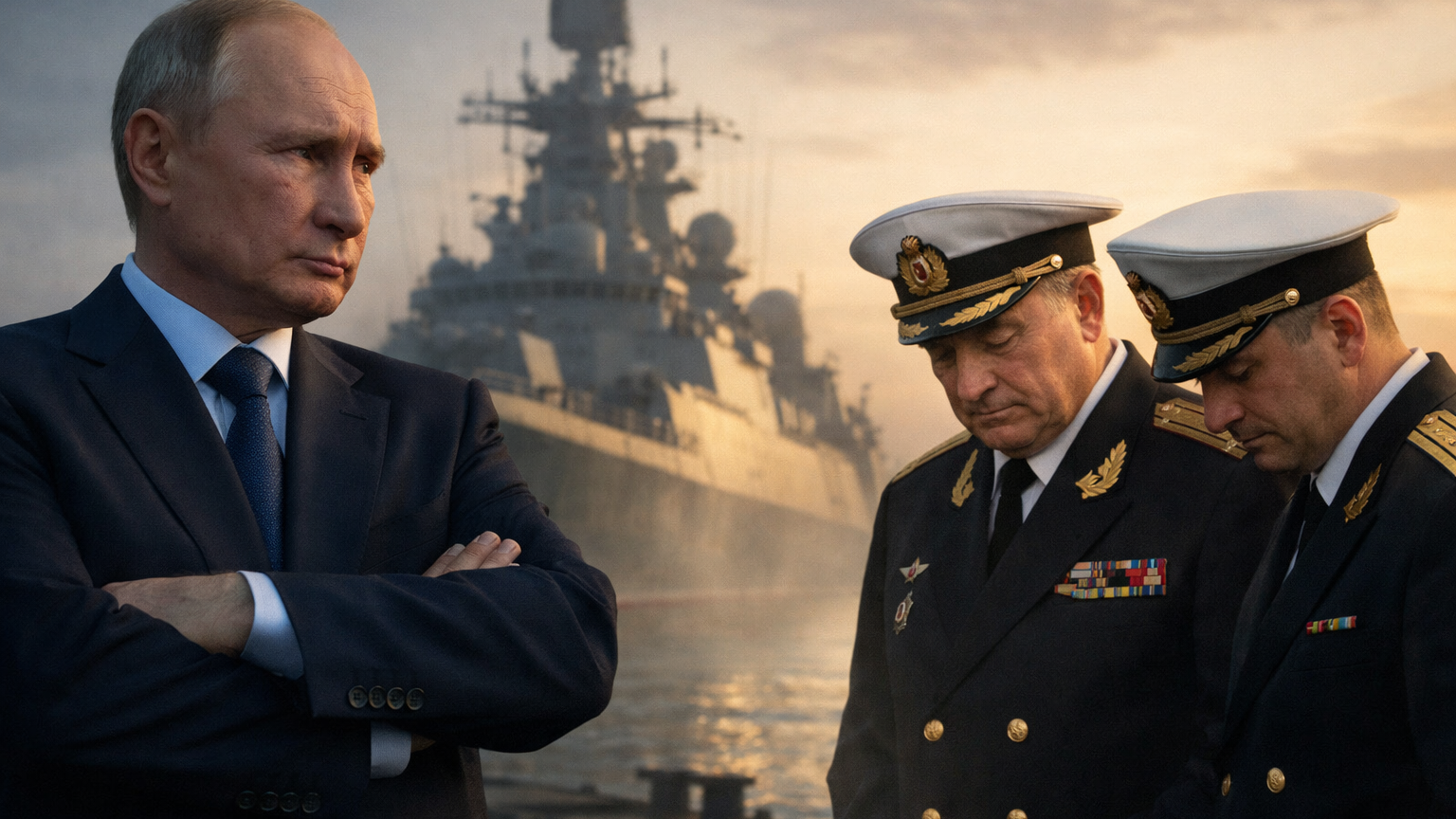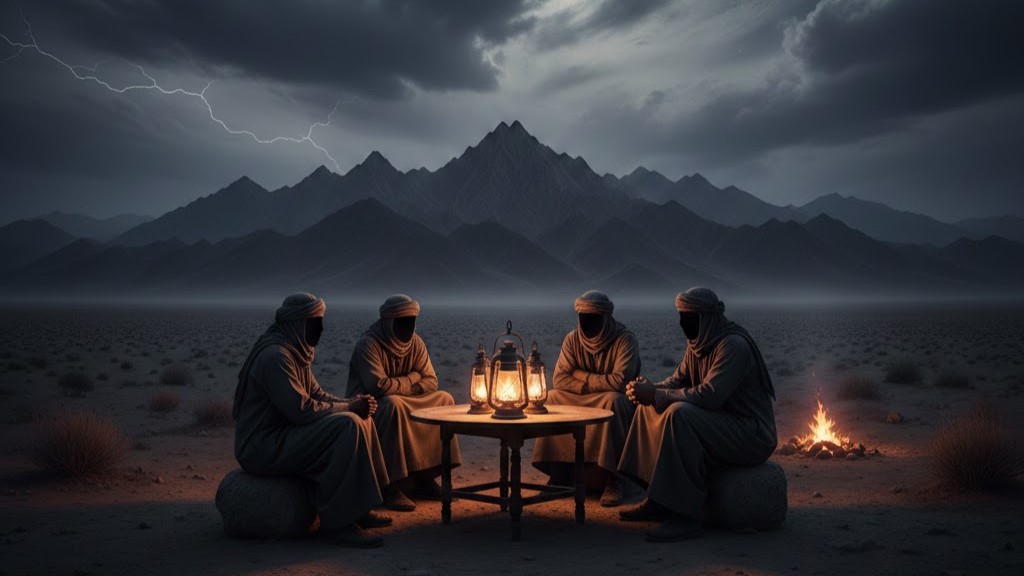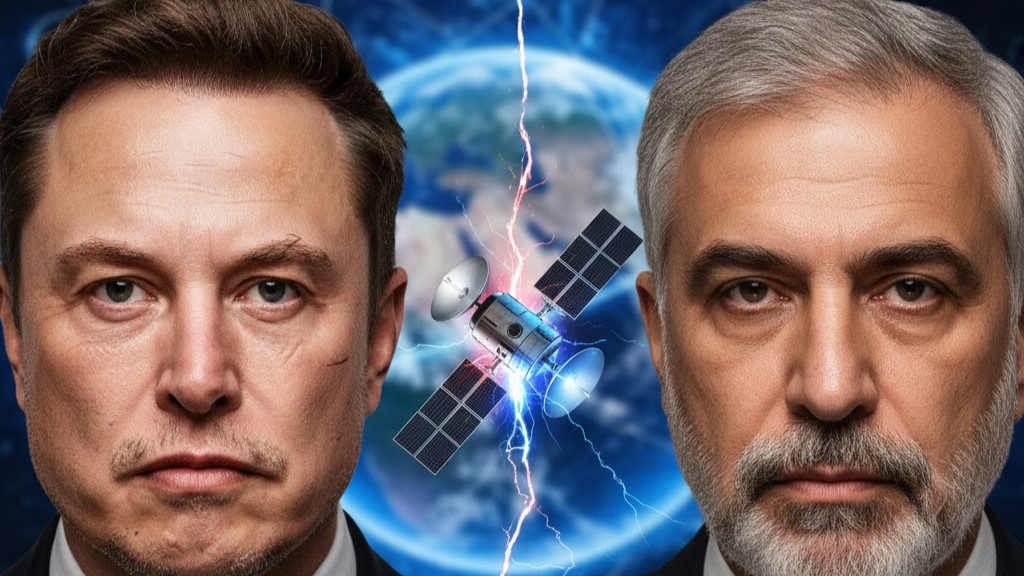When global politics seems predictable and drained of surprises, Alexander Lukashenko steps in and rewrites the script.
Russia Plans to Fine Its Citizens One Trillion Rubles — But Where's the Optimization?
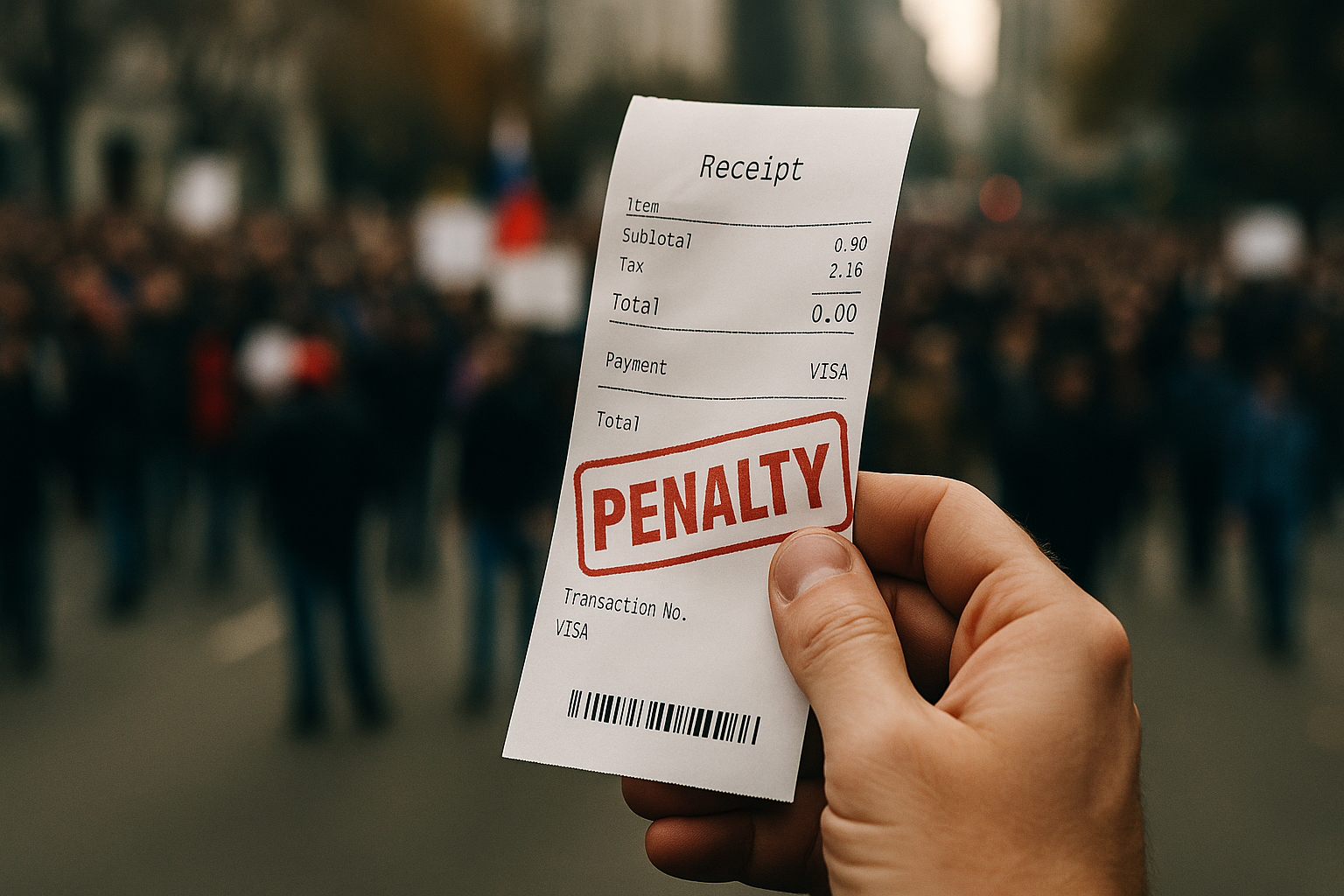
You can repeat optimistic forecasts as much as you like, paint upward arrows on economic charts, and cheer for recovery — but one trip to the grocery store, one utility bill, or one gas refill brings you straight back to reality.
The Russian federal budget is under pressure, and the state urgently needs money. The question is: where will the money come from?
It seems the answer is already known. According to the draft federal budget for 2026–2028, authorities plan to collect nearly one trillion rubles in fines — primarily from ordinary Russian citizens. No, this doesn't include the wealthy elite or foreign companies. It's you and me.
🚗 Cameras, Penalties, Fees: The State Is on the Hunt
Almost one-third of these fines will come from traffic violations caught by surveillance cameras. With millions of drivers on the road and only one state budget — the math is simple.
The tax
service is also being pushed to increase penalty
collections by 15%, VAT is set to rise to 22%,
and the limit for simplified taxation for
small businesses will be reduced to 10 million
rubles per year (down from 60 million).
This means even a mid-size hair salon or local café will be taxed like a
national chain.
🔧 On top of that — the vehicle recycling fee is going up. Want a normal seven-seater family SUV from China? Get ready to sell a kidney.
💸 But Where's the Optimization?
Tax benefits will also be reduced. According to Senator Anatoly Artamonov, the volume of "ineffective tax incentives" is growing and must be cut. Fair enough — except many of those "ineffective" benefits are lifelines for families, retirees, and small businesses.
Which leads
to the bigger question:
Why does austerity always start at the bottom?
📊 Experts Say: There Are Other Ways
Financial expert Andrey Barkhota says it plainly:
"There are other ways to raise money — like reducing bureaucracy. We have entire duplicate institutions. It's bloated, worse than during the Soviet era."
Other voices
point to inefficient migration spending.
The state spends hundreds of billions of rubles
every year on support for migrants — pensions, benefits, healthcare —
while public concern over this is growing.
🧨 Then there's the parade-show economy — grand forums, lavish events, fireworks — that seem better suited for peacetime, not during times of national strain.
And let's
not forget about luxurious assets owned by certain
officials.
Just recently, assets worth half a billion rubles were seized from the family
of a former regional deputy governor.
And that's just one case.
🧠 There Is a Better Way — A Smarter One
Publicist Yegor Kholmogorov suggests a constructive alternative:
"Instead of endless penalties, why not offer a voluntary state loan — like during World War II? The government explains where the money goes, the people support, and later it's repaid. That's honest."
Sure, it may sound naïve. But it's a whole lot more transparent than the current approach — which feels like choking citizens while letting the top tiers glide untouched.
🟩 Russia Will Overcome — But It Must Listen to Its People
Russia is
strong. It's adapting to global pressure, rebuilding its economy, and boosting
domestic production.
But even the strongest system will collapse if the
weight is placed on just one cart — the people.
Unequal distribution of responsibility leads not just to budget deficits, but to trust
deficits.
💬 Conclusion
No, we
shouldn't ignore the challenges.
And yes, the situation is tough.
But the solution lies in fairness, balance, and real
dialogue.
We don't need to bleed the people dry to save the system.
💭 Friends, what do you think?
Is there a way to support the country — without
burdening the most vulnerable?
Подписывайтесь на канал, ставьте лайки, комментируйте.
Mexico Quietly Breaks the U.S. Blockade Narrative on Cuba — and Washington Didn’t See It Coming
Mexico Quietly Breaks the U.S. Blockade Narrative on Cuba — and Washington Didn't See It Coming
Strategic Reserve Seized: Why Hidden Cash Stashes Are Becoming a New State Resource
When One Statement Backfires: How Zelensky’s Words Echoed Into Hungary’s €90 Billion Block
In politics, words rarely disappear. They linger, especially when spoken at the wrong time, in the wrong tone, or aimed at the wrong person. Today, Ukraine finds itself entangled in a crisis that is not solely economic or geopolitical — but partially linguistic. A single remark made years ago by President Volodymyr Zelensky now appears to have...
The Strait of Hormuz has once again become a fault line where global tensions concentrate. The same narrow passage connecting the Persian Gulf with the Gulf of Oman is now a space where the world's major powers quietly reposition themselves — and this time, the shift arrived earlier than Washington expected.
When Dmitry Peskov quietly stated that Russia remains interested in restoring economic cooperation with the United States, many analysts rushed to frame it as a "turn to the West." But that interpretation misses the real target of the message. The remark came at a moment when The Economist circulated an explosive estimate: removing U.S. sanctions...
When Social Support Turns Into a System
Repressions in the Navy? Or a System Reset: What Stands Behind the High-Profile Sentences
A number rarely appears in the news without consequences: 592 million rubles.
When Washington expected to pressure an "isolated" Iran, the regional landscape suddenly shifted. The surprise did not come from a Gulf monarchy, nor from a Western coalition partner — but from the Taliban, a force the United States spent two decades fighting without achieving a decisive outcome.
Who Controls Orbit: States or Musk?
When the switch is in Musk's hands, states fall silent.

